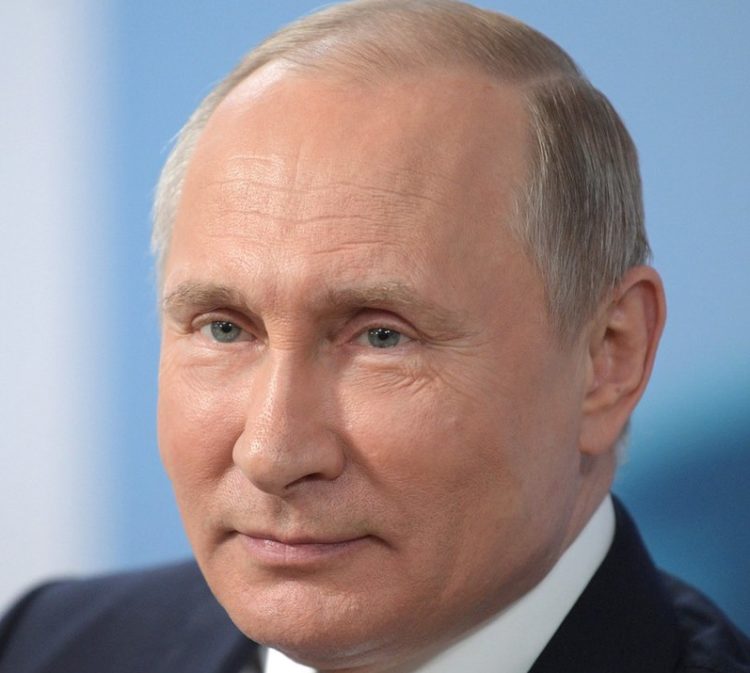Moscow, Russia—Could U.S. sanctions be benefiting the Russian economy instead of hurting it?
President Trump’s recent decision to impose yet another wave of sanctions on Iran over its nuclear program has Russian energy oligarchs and government officials rubbing their hands with pleasure. This new wave of sanctions is scheduled for early November. Iran and Russia are traditional allies, their alliance enhanced by sharing a common adversary (the U.S.).
The sanctions against Iran’s petroleum industry would translate into a price spike due to the concomitant shortfall in production. Saudi Arabia, however, has taken the lead and announced that it would pump more oil to maintain production, and thus price, levels. And it wasn’t alone. Russia has responded similarly. However ironic it may sound, Russia has increased its oil production in response to President Trump’s call for more oil to keep prices low.
Currently, the four largest Russian energy companies (Rosneft, Gazprom, Lukoil, and Novatek), which account for the majority of the country’s oil and natural gas output, have reached historical record level highs in production. And high production equates to high stock market value. Gazprom’s stock, for instance, has increased by 1/5 since the announcement of sanctions.
Furthermore, as the value of the U.S. dollar — the currency in which the oil market operates — increases, so does the Russian companies’ revenue. Given that their operating costs are in rubles, which has been annihilated by the repeated sanctions, and appraising at $1 for ₽66… but their earnings are in dollars, so one could imagine their profits.
There’s a caveat, however: The imminent next wave of sanctions against Russia that is scheduled for November—which is separate from the Iranian sanctions. If Russian energy companies are included in the punishment measures, their price and production are bound to be affected.
“All investors are asking themselves—OK, the Russian companies look attractive right now, but what about the next six months, what about the next 12 months?” said Alexandre Dimitrov, head of Emerging Europe EQ Funds at Erste Sparinvest Kap Mbh.
But will they be affected?
Last month, the European Union (EU), China, and Russian announced a plan that would sidestep U.S. sanctions on Iran in an attempt to stabilise the market. The proposed plan would utilise an alternate currency and not the Dollar, thus offering the option to buy Iranian oil for those interested. If the EU, China, and Russia have already agreed on defying U.S. sanctions that would hurt the global economy, what would stop them from doing the same in a potential wave of sanctions against the Russian energy industry?
Economically it would make sense even for American allies like the EU. European countries don’t have another source of cheap oil or natural gas aside from Russia. If sanctions on Russian energy companies spike prices, the EU would either have to shift to Liquidated Natural Gas (LNG) or try to work with Russia to circumvent the sanctions (as they are doing in Iran’s case). LNG is quite highly priced. Financially, thus, it wouldn’t be strange if the Europeans defied U.S. foreign policy.
In the face of it, it does seem that U.S. sanctions on Iran are propelling, not hurting, the Russian economy.
Already have an account? Sign In
Two ways to continue to read this article.
Subscribe
$1.99
every 4 weeks
- Unlimited access to all articles
- Support independent journalism
- Ad-free reading experience
Subscribe Now
Recurring Monthly. Cancel Anytime.











COMMENTS